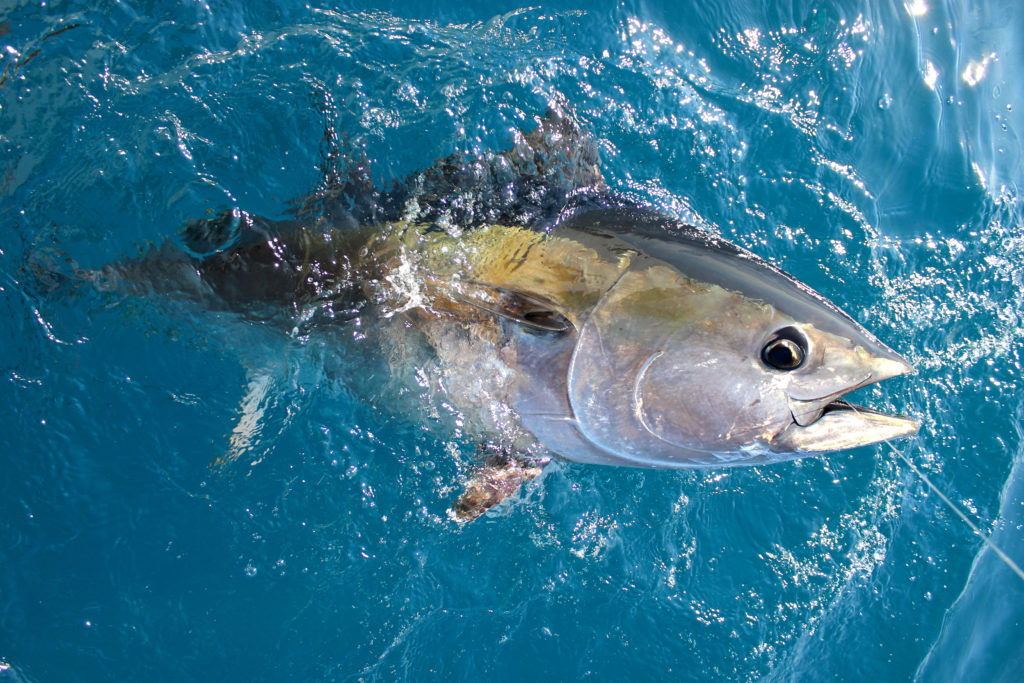A 20-YEAR conservation project has led to the recovery of the Bluefin tuna in the Balearic Islands.
In 2001, the Institute of Oceanography (IEO) began a research program to investigate the impact of environmental conditions on the reproduction and early development of the wildly overfished species.
After 10 years of research, the Balearic Islands Observation and Prediction Group (SOCIB) joined the project to give it a new impetus with the union allowing the once classified ‘endangered’ fish to now thrive in the Balearics’ waters.
In celebration of the organisations’ success, a documentary has been released about their important conservation work and which has been backed up by multiple independentscientific publications to support the conservation of the fish.
Entitled ‘Science and bluefin tuna. Ecology, oceanography and conservation‘, the short film explains how the two organisations worked together to improve bluefin tuna fisheries and develop tools to protect the species.
“The Balearic Sea is one of the most important areas for reproduction of the Atlantic bluefin tuna, a species of great ecological and fishing interest that, due to the boom in its consumption, came to be in a situation of risk”, said the organisations in a joint statement.
The Atlantic bluefin tuna is one of the most commercially valuable fish in the world which has led to the species being heavily overfished for decades and victim to widespread pirate fishing, especially in its main spawning grounds across the Mediterranean.

For decades, conservationists have called for urgent action to protect a species that has been driven to the brink of extinction and in 2017,was categorised as endangered.
Meanwhile, a scientist has warned that Posidonia is in grave threat of disappearing in the next few decades in the Balearics.
In a report for the University of the Balearic Islands (UIB), oceanographer Biel Jorda said a combination of pollution, rising water temperatures, increased fishing activity and anchor-dragging from boats has already wiped out a significant percentage of the marine plant.
READ MORE:

